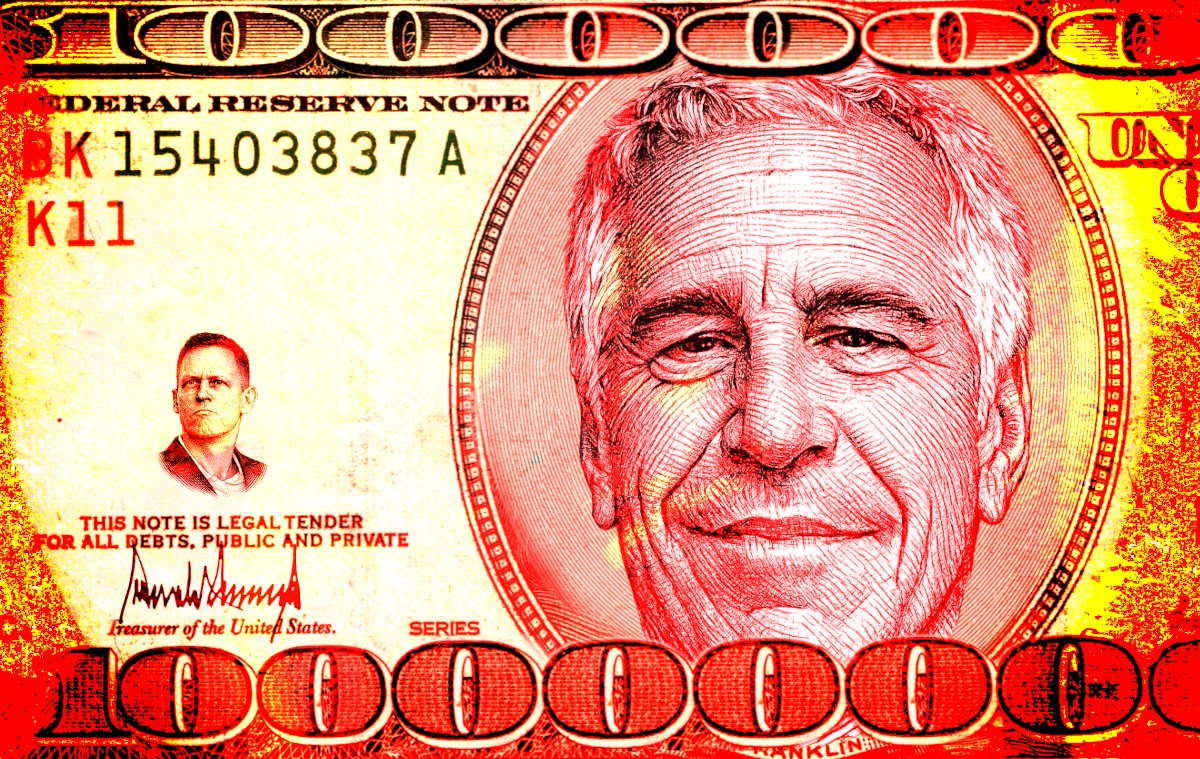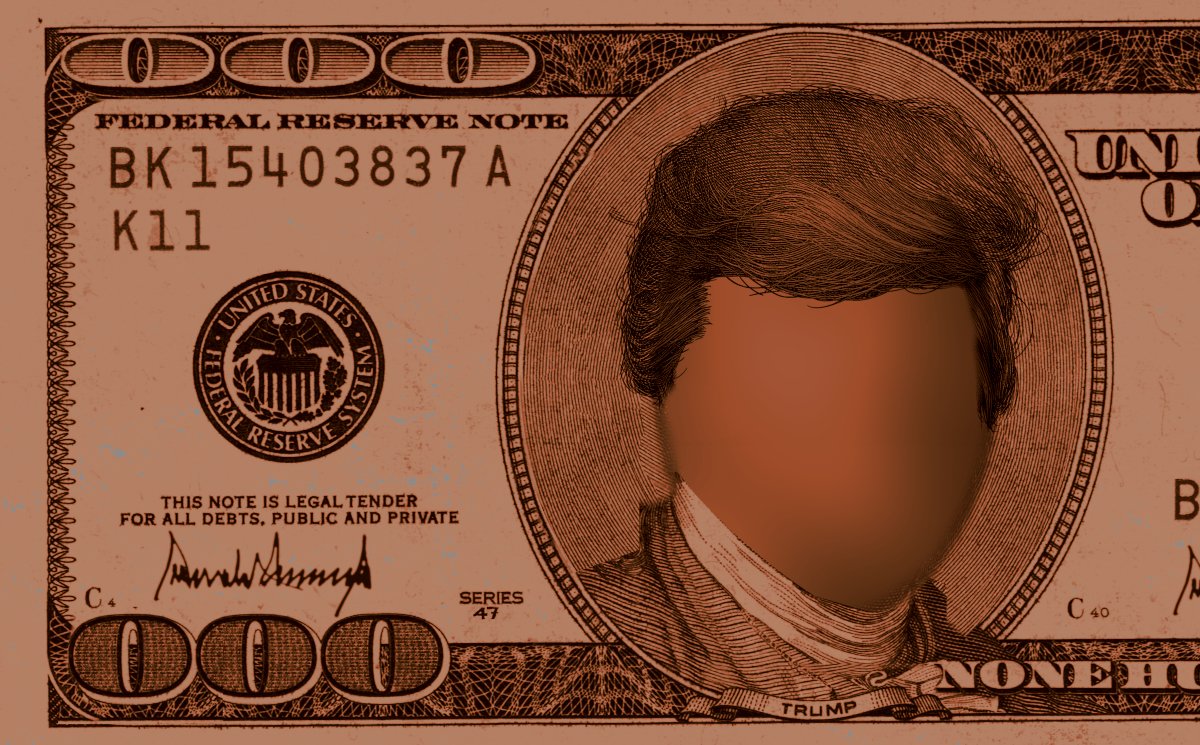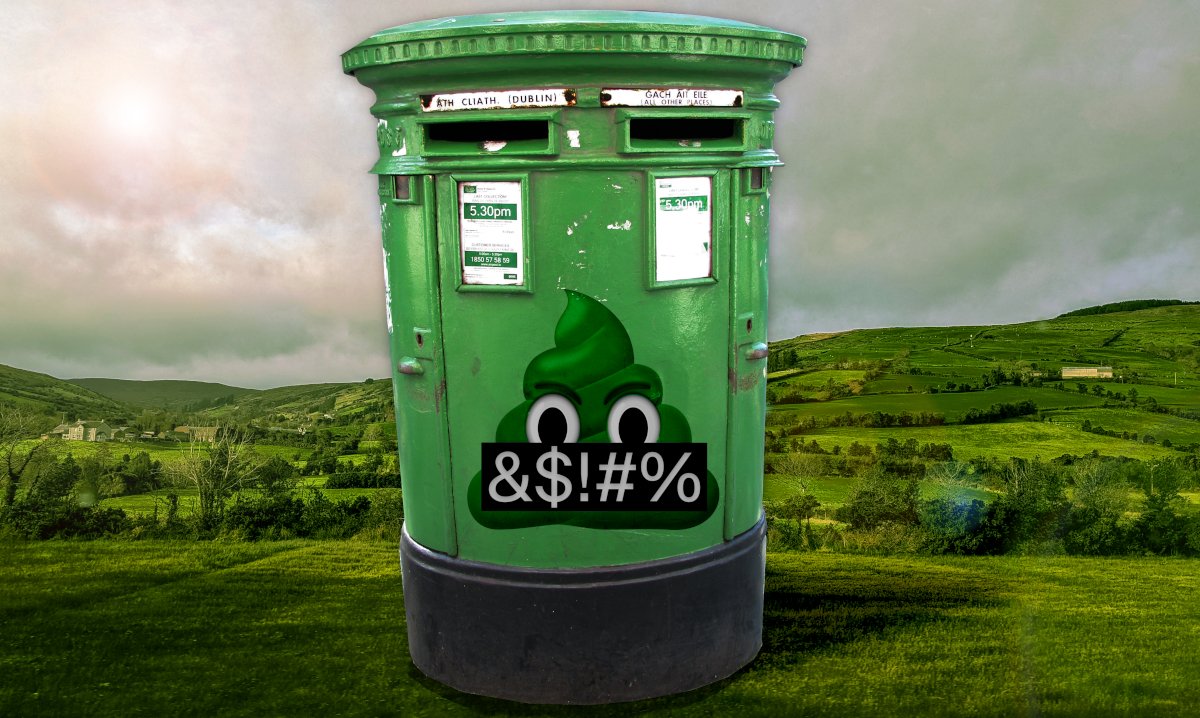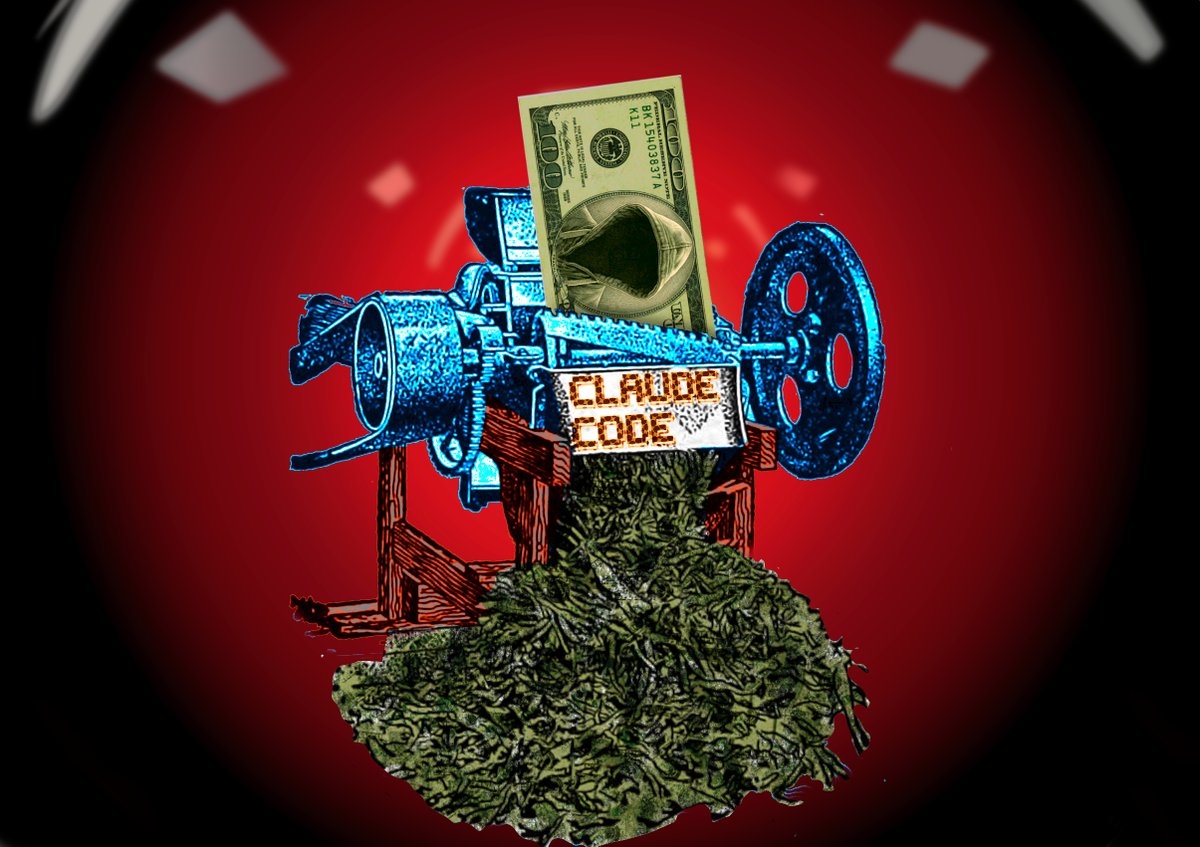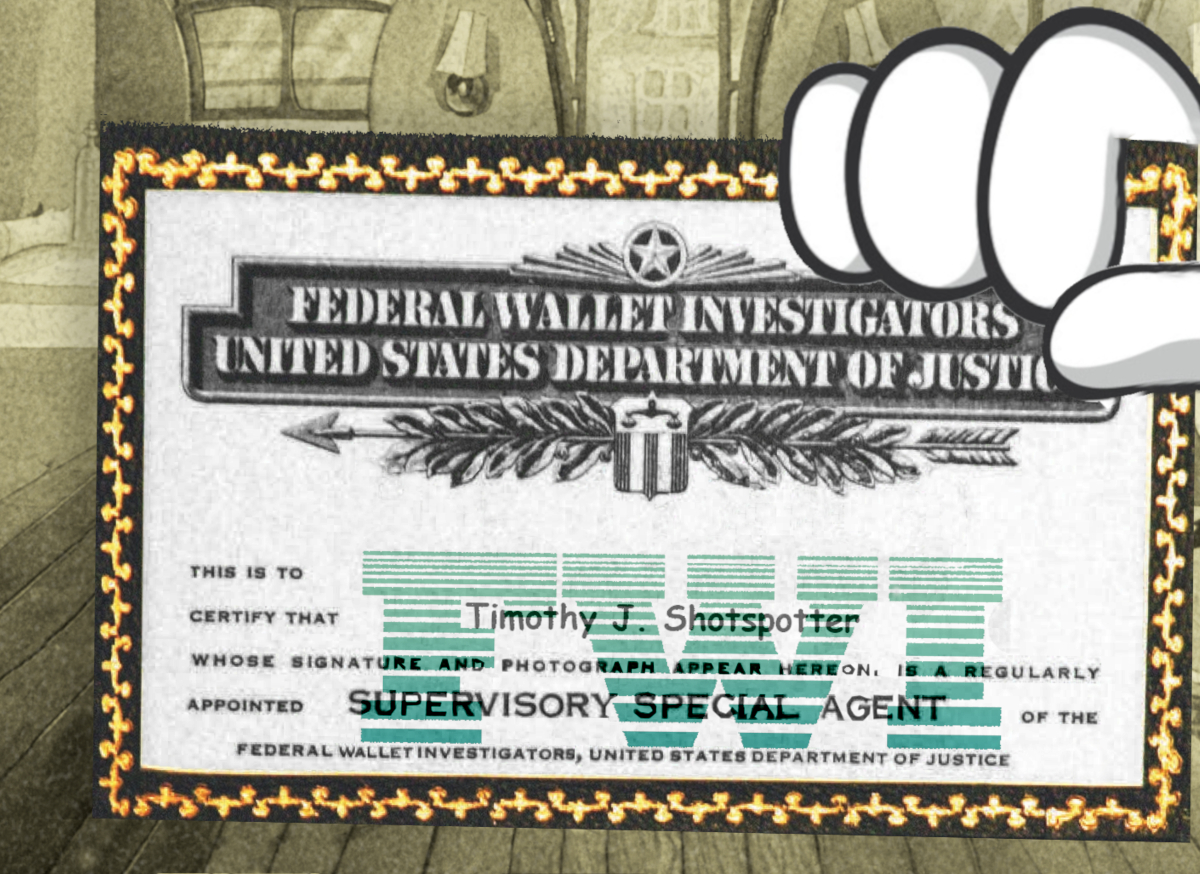There's an EXCELLENT piece up on @FastCompany by Steven Melendez about my Kickstarter campaign to pre-sell audibooks of my next novel, as a way to demonstrate the viability of publishing audio without caving to Audible/Amazon's mandatory DRM policy.
fastcompany.com/90549199/why-t…
1/
fastcompany.com/90549199/why-t…
1/
Melendez does great work laying out the case for refusing DRM, and the risks to publishers and writers in allowing Amazon to lock their works to its platform (it's a felony to remove DRM or provide the tools to do so, even if you own the copyright to the DRM-locked work!).
2/
2/
Reading his piece, it strikes me that I could do a better job for laying out my theory of change here - how preordering the audiobook could actually lead to a fairer world where power shifts away from Amazon (owners of Audible) to the creators of audiobooks.
3/
3/
Obviously most authors couldn't do what I'm doing. I've been publishing books since 2000, more than 20 of 'em, with several NYT bestsellers. This particular book is the sequel to two MASSIVE bestsellers with huge, dedicated followings.
4/
4/
Publishing lives and dies on this kind of book. One of the major reason that publishers publish "midlist" books and first novels is in the hopes that they'll "break out" and become perennial bestsellers that subsidize the next round of risky bets on midlist and first books.
5/
5/
So while this isn't a typical kind of book, it's an important one.
So let's say this does really well in audio, selling, say, 10,000 copies. That works out really well for me, as I'm the publisher for this one, because I keep 95% of that (Kickstarter gets 5%).
6/
So let's say this does really well in audio, selling, say, 10,000 copies. That works out really well for me, as I'm the publisher for this one, because I keep 95% of that (Kickstarter gets 5%).
6/
By contrast, if my publisher sold this with Audible, they'd get 70% (Amazon takes 30%), and then I'd get 25% of that (17.5% of the gross). That means I earn 542% of what my take would be with a publisher/Audible on these sales.
kickstarter.com/projects/docto…
7/
kickstarter.com/projects/docto…
7/
So my profit on 10,000 self-published, Kickstarted audiobooks is roughly equivalent to 54,200 commercial books sold through Audible. I had to pay to produce the audiobook and put in a hard month's work on promoting the KS, but that still a great upside.
8/
8/
So that's one way things could change. Frontlist writers could demand to retain their audio rights in publisher negotiations and do what I did. It's hard work, and only a minority of writers are situated to do it, but it would make sense for some of 'em.
9/
9/
And that would definitely make a dent in Amazon's business: they're a hit-driven biz, too. If a big chunk of major books were "Audible exclusive" (that is, sold everywhere EXCEPT Audible), they'd feel the pinch, first in lost revenues and then in lost subscribers.
10/
10/
After all, once the presale campaign is over, this book will be for sale everywhere EXCEPT Audible: libro.fm, downpour.com, even Google Play. All of those stores have stock and plans that are basically identical to Audible.
11/
11/
And if they amass sizeable collections of exclusive-of-Audible bestsellers, there will be good reasons for customers to defect to them from Audible.
12/
12/
But what about the publishers? Well, maybe they won't release their frontlist authors' audiobook rights - but if they can make MUCH more money by working WITH authors to presell their audiobooks, AND weaken Amazon's stranglehold over their business...why wouldn't they?
13/
13/
In this scenario, authors and publishers do (better-than-retail) revenue shares for a crowdfunded, DRM-free presale campaign, again diverting the bestselling titles from Amazon/Audible, once again driving support for retail alternatives to Amazon.
14/
14/
One advantage I haven't mentioned yet: shifting away from Audible is GREAT news for libraries, since neither Audible originals, nor Kindle originals, are available AT ALL for library purchase. Imagine a publisher BOYCOTTING LIBRARIES!
15/
15/
And here's the theory-of-change part: realistically, not selling through Amazon means that a lot of readers and listeners won't encounter your work - even if you make more money overall, this is not ideal.
16/
16/
My end-game is for Amazon to make good on the promise it made in 2008 when it bought Audible: to drop its DRM (or at least make it optional!). That way, readers who buy their audiobooks from Amazon can change retailers without abandoning their expensive audiobooks.
17/
17/
That alone won't end Amazon's dominance (we'll need meaningful antitrust enforcement for that), but without that step, competition doesn't have a hope in hell.
18/
18/
We MUST end the situation where every dollar spent on our books at Audible is a dollar our readers will have to throw away to switch to a rival.
We can do that, and we don't need every writer to be in a position to refuse Audible to make it happen.
19/
We can do that, and we don't need every writer to be in a position to refuse Audible to make it happen.
19/
We just need to starve them of the books from their most popular authors - and happily, those authors stand the best chance of making MORE money by doing crowdfunders for pre-sales.
20/
20/
If bestsellers like me do this, we'll make more money AND we'll make the world better for ALL authors.
And one more bonus: I'm using the crowdfunder to presell ebooks (and sell ebooks for the previous two volumes - 4,000 ebooks in five days (and counting).
21/
And one more bonus: I'm using the crowdfunder to presell ebooks (and sell ebooks for the previous two volumes - 4,000 ebooks in five days (and counting).
21/
I'm the retailer for these ebooks, so I get 30% off the top, send the remaining 70% to my publisher, and they send me 25% of that back as a royalty: that means I get 47.5% of the gross on these.
22/
22/
And they're ebooks that are sold without enriching Amazon.
That's my fiendish plan - my plan to be the pebble that starts the avalanche that moves the mountain.
23/
That's my fiendish plan - my plan to be the pebble that starts the avalanche that moves the mountain.
23/
You can help! A $15 pre-order for the audiobook (list price $25!) will help to change the world:
kickstarter.com/projects/docto…
I look forward to selling the first-ever DRM-free Audible book.
(thank you for attending my TED Talk!)
eof/
kickstarter.com/projects/docto…
I look forward to selling the first-ever DRM-free Audible book.
(thank you for attending my TED Talk!)
eof/
• • •
Missing some Tweet in this thread? You can try to
force a refresh


